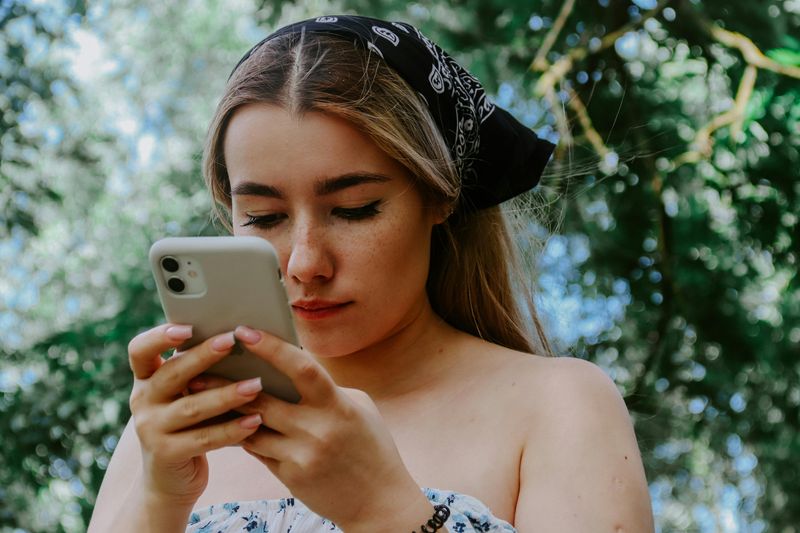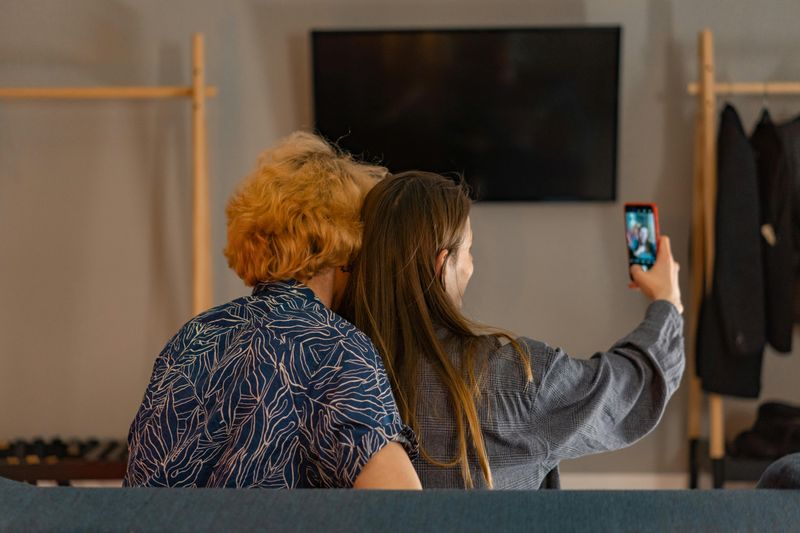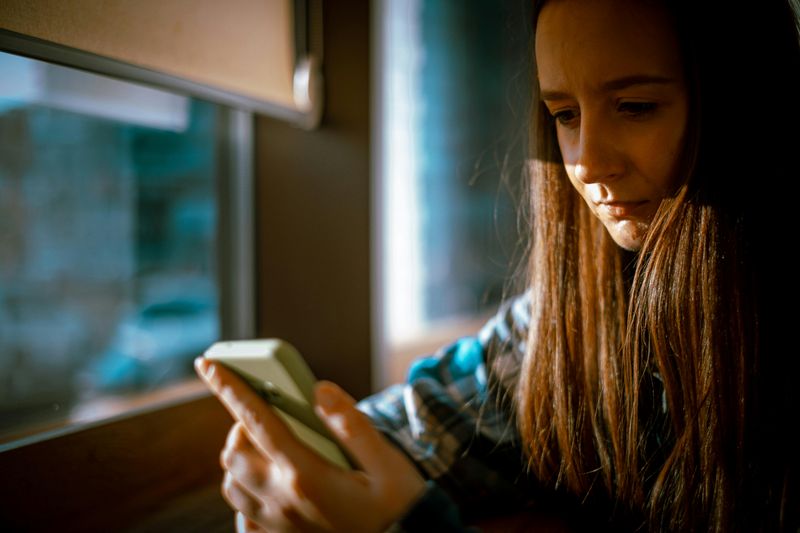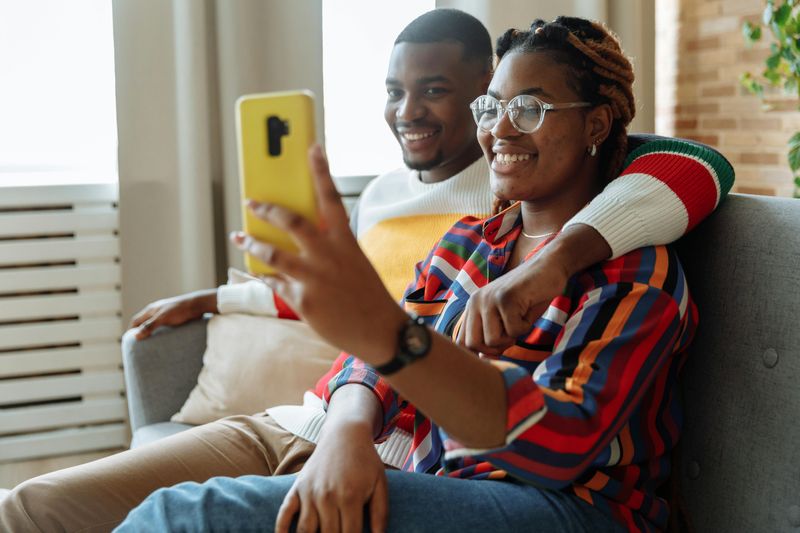Social media has changed nearly every part of our daily lives, and romance is no exception. From the way we meet potential partners to how we share our relationships with the world, platforms like Instagram, TikTok, and Snapchat influence our love lives in surprising ways. Understanding these changes can help you navigate modern relationships with more awareness and confidence.
1. Meeting People Has Gone Digital

Dating apps and social platforms have replaced traditional ways of meeting romantic partners. Algorithms now match people based on interests, location, and preferences, making it easier to connect with someone who shares your hobbies. Gone are the days when you had to rely solely on chance encounters at school or through mutual friends.
This shift means more options but also more pressure to create the perfect online profile. Many people spend hours choosing the right photos and crafting clever bios. While digital dating offers convenience, it also changes how we make first impressions and build initial connections with potential partners.
2. Public Displays of Affection Go Online

Nowadays, couples share their relationships online through posts, stories, and photos. Moments that used to be private now reach hundreds — sometimes thousands — of followers, turning personal memories into public celebrations.
However, constantly sharing relationship milestones can create unrealistic expectations. Some couples feel pressured to post frequently to prove their love is real or successful. Others worry that their relationship seems less valid if they don’t share enough online, leading to stress about maintaining a certain image for their audience.
3. Comparison Culture Affects Relationship Satisfaction

Scrolling through feeds filled with romantic gestures and picture-perfect couples can make your own relationship feel inadequate. Social media often shows only highlight reels, not the everyday challenges that all couples face. This constant exposure to idealized relationships creates unfair standards.
Research shows that people who spend more time on social media often report lower relationship satisfaction. They compare their behind-the-scenes reality to everyone else’s carefully curated content. Learning to recognize that online posts rarely tell the complete story helps protect your relationship from unnecessary doubt and insecurity about what seems normal or expected.
4. Communication Happens Through Screens

Text messages, DMs, and video calls have become primary ways couples communicate daily. While technology keeps people connected across distances, it also changes how we express emotions and resolve conflicts. Tone and body language get lost in text, leading to frequent misunderstandings.
Many couples now have entire conversations through emojis and GIFs rather than actual words. Quick replies and constant connectivity create expectations for immediate responses. When someone doesn’t text back quickly, it can cause unnecessary anxiety or arguments that wouldn’t happen with face-to-face communication where intentions are clearer.
5. Jealousy Takes New Forms

The rise of social media has added a tricky layer to relationships. Watching your partner interact online can trigger worry or jealousy, even when everything is innocent — a challenge that didn’t exist before smartphones.
Some couples check each other’s accounts regularly or get upset over innocent interactions with friends. Trust becomes harder when you can see every online move your partner makes. Healthy relationships require setting boundaries about social media use and having honest conversations about what behaviors feel respectful versus what crosses lines.
6. Breakups Become More Complicated

Ending a relationship now involves more than just emotional healing—you must decide what to do with digital traces of your past romance. Deleting photos, unfollowing your ex, and removing relationship status updates all become part of the breakup process. These digital decisions can feel as painful as the actual split.
Social media also makes it tempting to check on your ex constantly, preventing proper healing and moving forward. Mutual friends’ posts might show your former partner at parties or with someone new, reopening wounds. Many relationship experts now recommend blocking or muting exes to protect mental health during recovery periods.
7. Validation Comes From Likes and Comments

For some, posting couple photos and tracking likes has become a way to gauge how “successful” a relationship is. Getting lots of positive reactions can give a short-term boost, even if the real connection isn’t that strong.
But relying on social approval creates fragile foundations for romance. Relationships that look perfect online might be struggling privately, while genuinely happy couples might not post much at all. The number of likes your anniversary post receives says nothing about genuine compatibility, trust, or emotional intimacy between partners who truly care about each other.
8. Privacy Becomes a Relationship Discussion

Couples must now negotiate what parts of their relationship stay private versus what gets shared online. One partner might love posting everything while the other prefers keeping romance offline. These different preferences can cause significant friction if not discussed early and respectfully.
Some people feel hurt when their partner won’t post about them, interpreting it as hiding the relationship. Others feel uncomfortable having intimate moments broadcast publicly. Finding compromise requires understanding each person’s comfort levels and values around privacy. Successful modern couples establish clear agreements about sharing relationship content before problems arise.
9. Long-Distance Love Becomes More Manageable

Keeping relationships alive across distances has never been simpler. Thanks to technology, partners can video chat, share music, or exchange updates throughout the day to maintain a sense of closeness.
However, virtual connection can’t fully replace physical presence and in-person experiences. Screen time together lacks the spontaneity and physical affection that strengthen bonds. While social media helps long-distance couples survive separation, it also highlights what they’re missing, sometimes making the distance feel even harder to endure emotionally.

Comments
Loading…